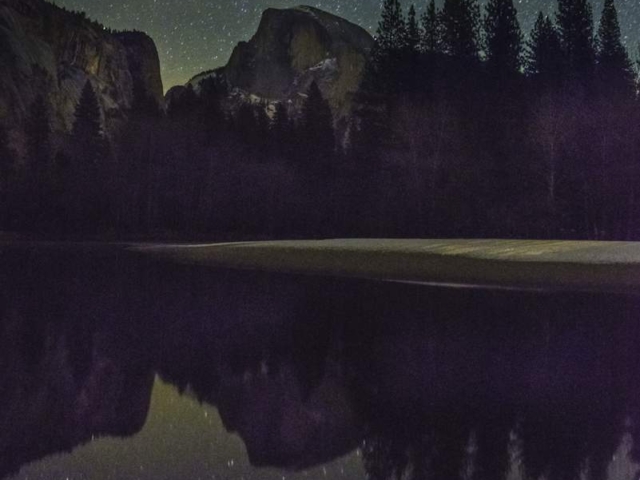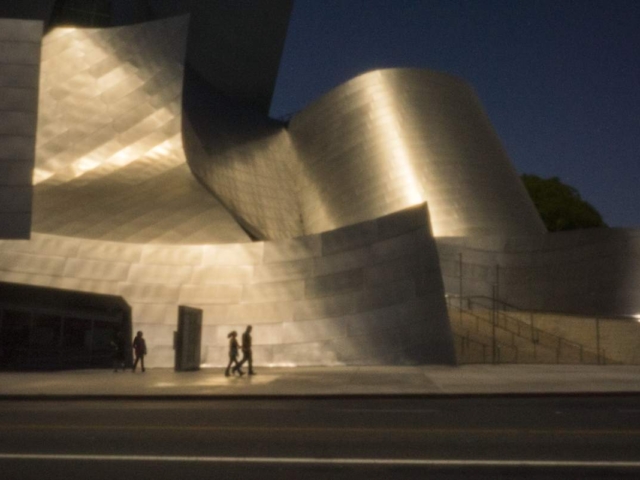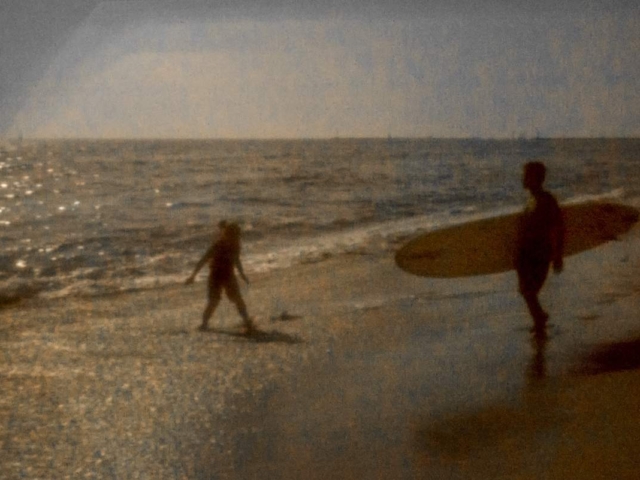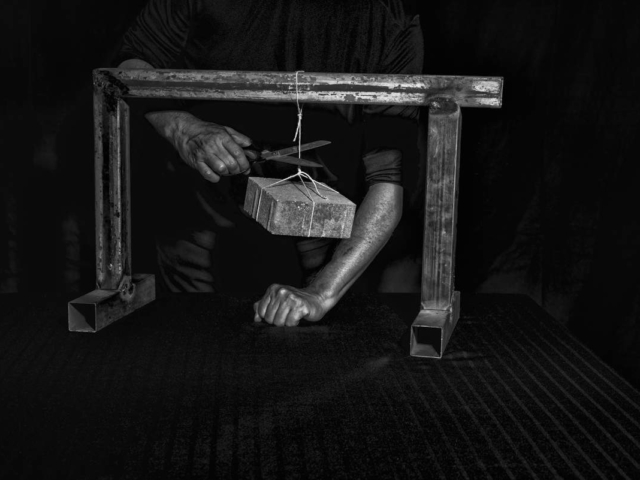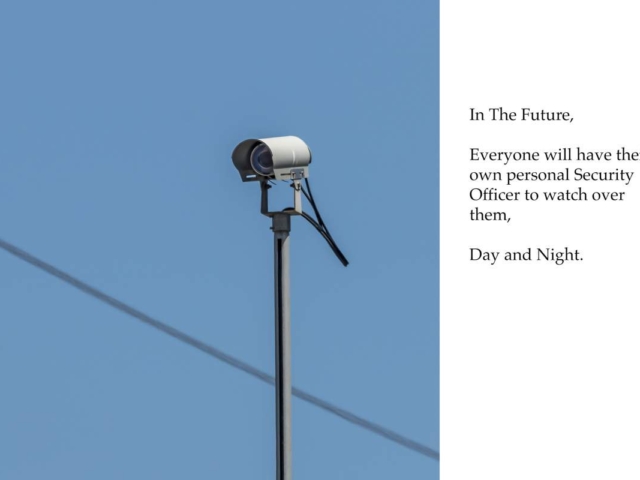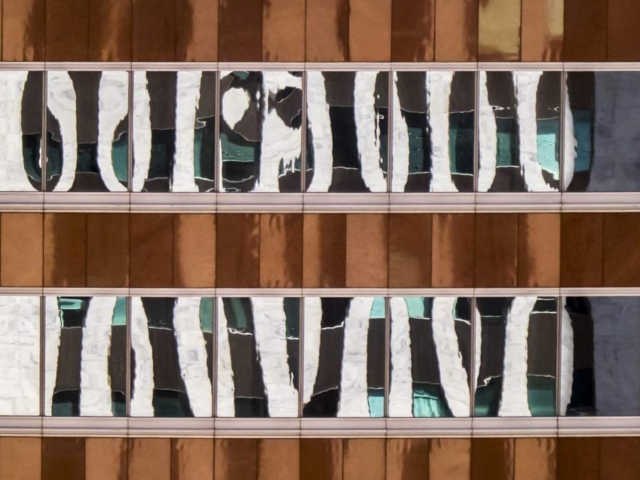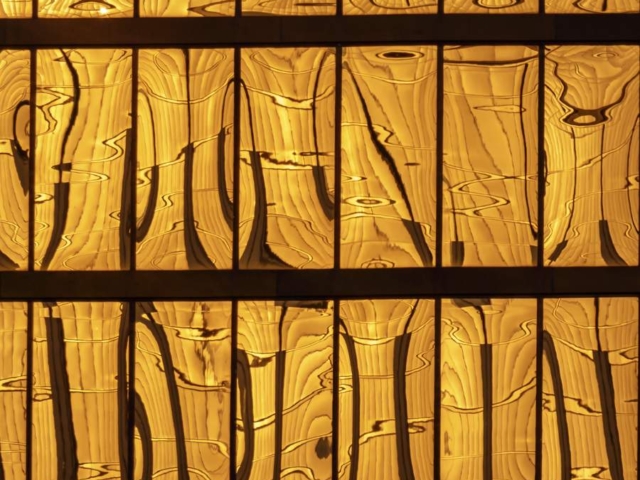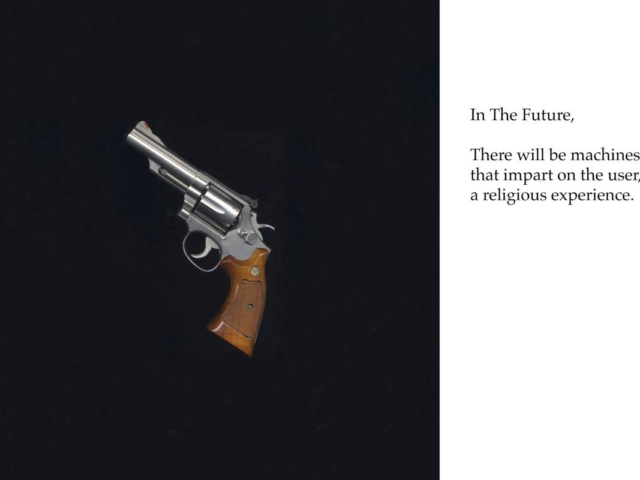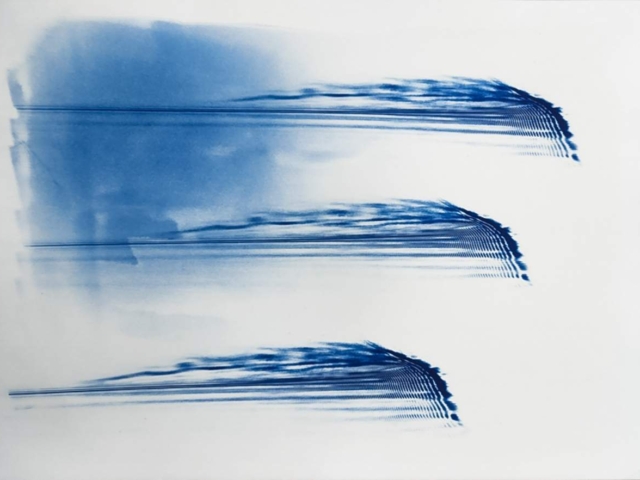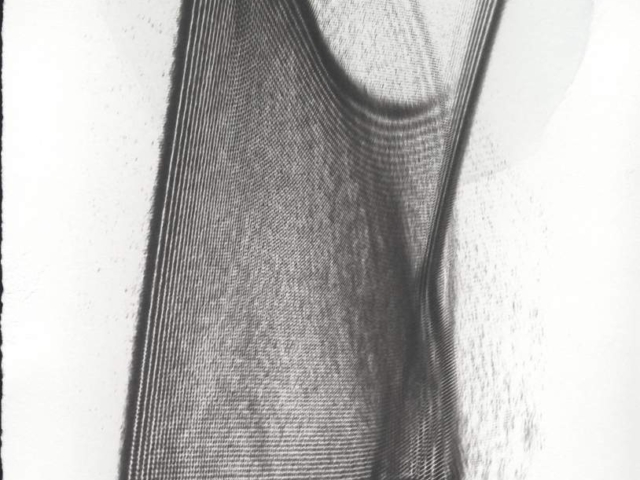Victor Ramos

About
Victor Ramos is an award winning fine art photographer from Los Angeles, California. Victor became interested in photography by watching his father take snapshots of the growing family with a 35mm Kodak camera. When Victor was 12, he asked to borrow the camera. His father never got it back.
Victor is experienced in using silver gelatin, digital, platinum / palladium, cyanotype and gum bichromate printing techniques.
Victor has exhibited in the US and internationally including exhibitions at The Los Angeles Center of Photography, the dnj Gallery in Santa Monica, The SoHo Gallery in New York, the Plaxall Gallery in New York, the Photoplace Gallery in Vermont, the HeadOn Photo Festival in Sydney, Australia, the Tokyo International Foto Awards, the Hariban Photo Awards, Kyoto, Japan, The London International Creative Competition and the Analog Sparks Competition.
His work has been featured, reviewed and published in the Lenscratch blog , A Photo Editor blog, Duncan Miller Gallery Daily Photograph, Fraction Magazine, L’Oeil de la Photographie and Digital Photo Pro Magazine. He is a Review Santa Fe 100 alumni and a Chico Review Alumni.
Victor lives in Los Angeles, California when he is not on a walk-about in some far away locale.
Gallery
LACP Interviews Victor Ramos
LACP asks Victor Ramos ten questions about their background, career in and beliefs about photography.
Los Angeles Center of Photography: What kind of photographer are you?
Victor Ramos: I look outward and inward in my fine art photographic projects. I look outward and am interested in shooting street, architectural, travel and landscape images. I look inward and create conceptual photographic projects using objects that I find or that I create.
LACP: How long have you been photographing?
VR: I have been shooting for over five decades.
LACP: Where did you get your training?
VR: I was self taught in black and white silver gelatin as well as color negative and positive printing. My aesthetic inspirations came from photographers such as: Duane Michals, Jerry Uelsmann, David Hume Kennerly and many others. I am also a big fan of the Surrealist and Dada artists and was influenced by Salvador Dali, Yves Tanguay, Max Ernst, Jean Arp and Rene Magritte (to name a few). Much later, when I encountered LACP, I studied with Aline Smithson, Julia Dean, Greg Gorman, Sam Abell and many other great photographers.
LACP: When did you know you wanted to devote your life to photography?
VR: From when I saw my father taking pictures when I was a kid.
LACP: Did you ever come close to giving up?
VR: No, never
LACP: Have you sacrificed anything by being a photographer?
VR: For better or worse, I did not choose photography as my primary profession. Photography has always been my passion. I suppose at times it was challenging to balance the time spent making images with everything else that goes on in life.
LACP: What have you gained by being a photographer?
VR: An amazing international community of creative people to hang out with.
LACP: What classes do you teach at LACP?
VR: In the past I taught a course on post image capture including post processing, printing, mat construction and framing. I am currently teaching courses in alternate processes including platinum / palladium and cyanotype. I might also teach gum bichromate at some later time.
LACP: What do you love most about teaching?
VR: Sharing technical and aesthetic skill with the students and watching them make it their own. I love then seeing what the students create.
LACP: What advice would you give someone who is thinking about making a career in photography?
VR: I would say certainly become an expert in the technical and aesthetic aspects of photography. There is always something more to learn. Push yourself. Make sure to expose yourself to other art forms as well: music, sculpture, books, travel… You never know where inspiration may come from.
Also pay attention to the non-photography aspects of a career which are equally important: marketing yourself, accounting, …, all of the business stuff. Probably the most important task though, is to create a network of dependable people around yourself. Make sure to also seek out people that are not only in the photography profession.
